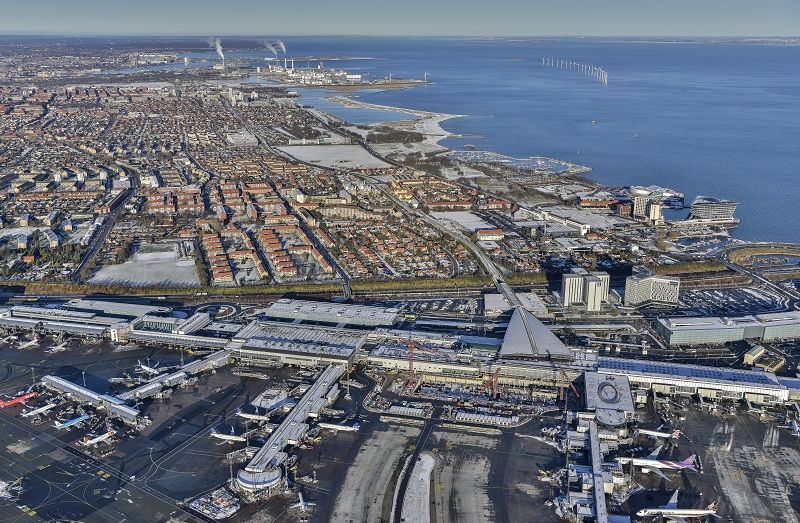Copenhagen Airport can sing its own praises for its efforts to reduce its carbon footprint … at least based on Airport Carbon Accreditation (ACA) ratings.
The Nordic hub has worked strategically towards improving its ACA rating since 2013 and has now reached the level of 4+ – the highest level attainable.
Only 33 of 443 accredited airports worldwide have a 4+ rating.
“We’re very proud to be accredited at the highest level. It shows we are on the right track. It means a lot as all the airports we compared ourselves with are also part of the [ACA] program,” said Christian Poulsen, Copenhagen Airport’s head of operations.
READ ALSO: Copenhagen Airport to become Denmark’s largest electric car charging station
Ambitious targets set
In particular, Denmark’s biggest airport has been lauded for its work regarding climate solutions, reducing CO2 emissions and compensating for emission it is responsible for.
It has defined a number of long-term climate goals and specific plans to how the goals will be reached.
“We work towards reducing electricity, water and heating consumption by our buildings and operations. We’re also moving to make a transition to more sustainable energy to promote more emission-free operations in the future. We do this by, among other things, phasing out vehicles, equipment and diesel generators at the airport,” said Poulsen.
The airport’s lofty ambition is to become completely ‘Net Zero’ by 2030 – last year the airport announced it would set up 1,350 new charging stations for cars over the next ten years.














